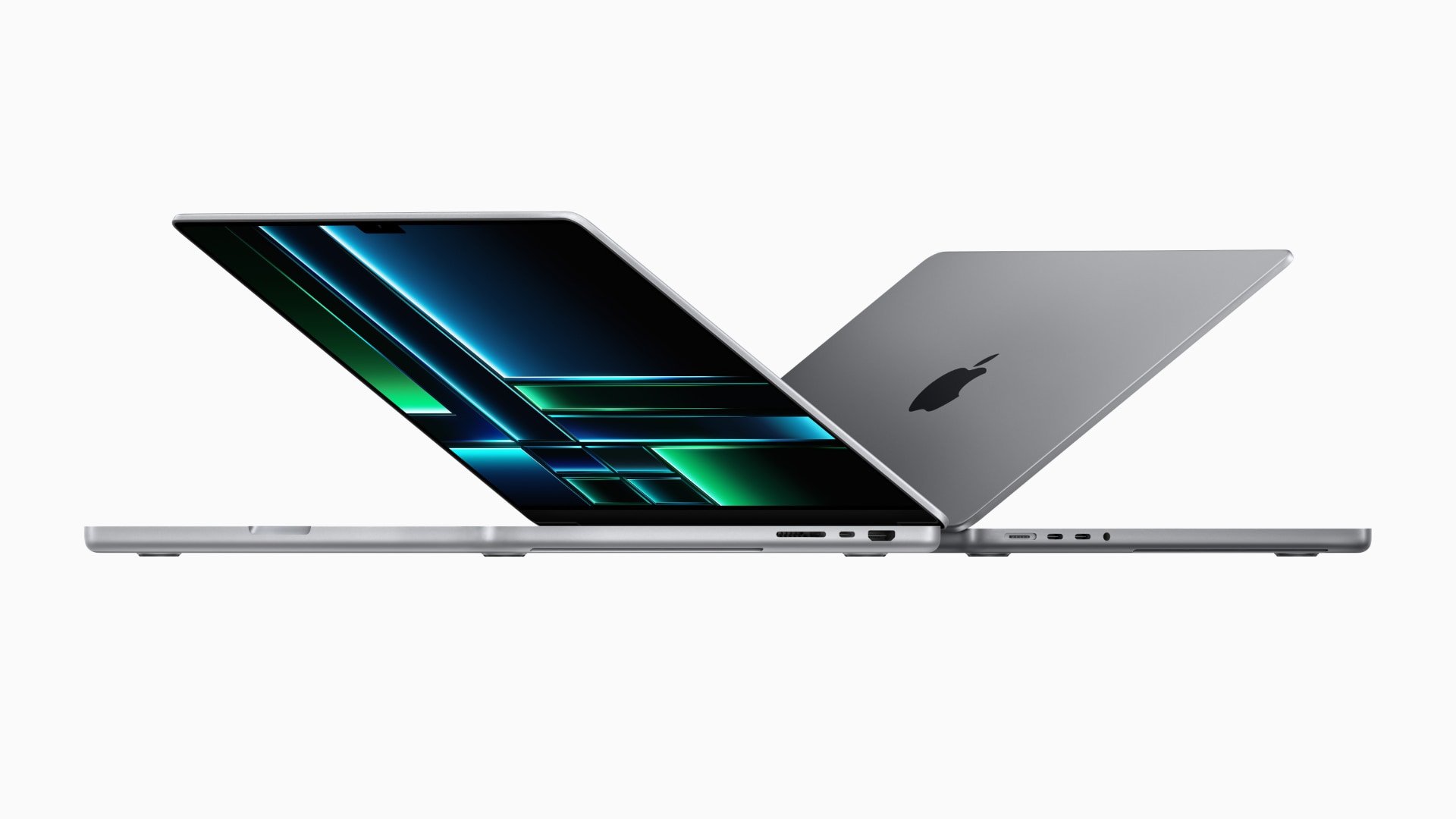
Apple has been readying a whole host of fintech products under the umbrella term Project Breakout, and while they might be delayed they’re definitely coming.
Apple makes a lot of money from its services. It’s one of the companies that first saw that hardware alone was not going to cut it and that if you could expand the tail then there was an awful lot of money to be made. Indeed, if you look at its last financials, its services revenue alone exceeds Nike & McDonalds combined at $79.4 billion last year.
It doesn’t want to stop there, though. Fintech (a portmanteau word of financial technology, just in case you hadn’t come across it before) is its latest frontier, and it announced several projects last year that are moving aggressively into that space. Under the umbrella term Project Breakout, a host of initiatives including a ‘buy now, pay in three’ offering called Apple Pay Later, savings linked to the Wallet app, an iPhone subscription program, and more are all under development.
These seem to have hit a few snags — “engineering and technical setbacks that have led to slow progress and missed deadlines,” according to Bloomberg — but then it’s difficult stuff. It’s attempting to bring a lot of the nitty gritty of this, credit approvals, transaction histories, interest calculations, etc, in house, and that’s complex technology. But what really gets us interested is a new iPhone hardware subscription program.
Okay, so there is already an iPhone Upgrade Program in place. You buy a phone and spread the cost over two years. After two years you either own the phone outright or you give it back after 11 months in part ex for a new one.
But, as 9to5Mac points out, the new scheme will differ in three ways:
- It will be a true rental, not an instalment purchase scheme
- It will likely be bundled with more services, beyond AppleCare+
- It will probably later be extended to other Apple hardware: iPad, Watch, Mac
Did someone say Mac? Indeed they did…
Rentals R Us
So, how might this work? The key difference here is that with the current Upgrade Program the phone is yours all along. With a rental the device remains the property of the company unless, perhaps, at the end of a fixed term you make what is known as a balloon payment to buy the whole thing.
It’s the way a car lease works. A three year car lease, for example, is comprised of an initial deposit, a three or four year period of monthly payments that essentially covers the depreciation of the vehicle over that time, and then you have the option of giving it back or buying the whole thing.
It’s a much cheaper way of owning a new (and rapidly nearly new) vehicle than taking on a loan for the whole amount. But on the downside it tends to lock you in to an eternal cycle of monthly payments as you refresh the car every three years.
So what about a new Mac? How would that work? The calculations for a computer and its future value are rather more difficult. The current Mac refresh cycle for most users is around five years or so, but the machines tend to iterate and evolve at a much quicker pace than that. Minimum rental periods of at least three years will probably be needed to ensure there isn’t a crazy turnover of machines.
Of course, Apple already offers business-oriented lease and hire purchase schemes, but these are currently maintained through third parties and have never felt aimed at the mass market. Plus there are many third party companies that you can rent a Mac from, but there is a tendency there for what you would hope to be the monthly price to actually be the weekly one…
Some quick calculations based on a recent purchase of an M1 iMac and a few assumptions taken from the car lease model (deposit, balloon payment etc) suggest that a monthly rental price could be around a half of the price of current credit agreements. Even if that’s bumped up a bit (Cupertino has never been shy of making a profit) than that could still be a much cheaper route to new Mac hardware than currently exists.
And let’s not forget, that it’s not so long ago that most households didn’t actually own their own TV sets. Older readers will remember the likes of Radio Rentals in high streets across the land; a TV was something you rented and buying it was something only people with serious amounts of money did. Increased reliability and lower prices started undermining the rental market from the 1980s on, however, and the move from CRTs to flat panels finally killed it off for good in the early 2000s. It would be fascinating to see if a different set of circumstances — high prices, constant iteration, easy fintech access — can bring it back again in a different market.
Tags: Technology


Comments